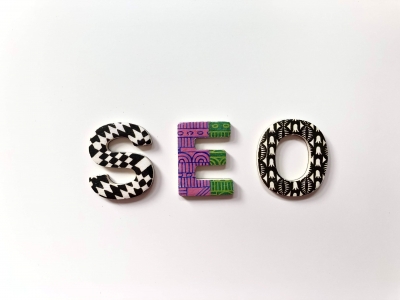Marketing Strategy Blog - Marketing - Page 15
With threats (and I mean threats) of more to come, small businesses throughout Melbourne and the rest of Victoria have been forced to close for a minimum of 6 weeks. That means no work, no clients, no ability to pay the bills and rent.
Digital marketing is currently the hottest component of the marketing strategy because most of our customers may not go into our stores, restaurants, businesses and entertainment venues for quite some time so their only connection to your brand is via a digital medium.
Sales and marketing have been at loggerheads forever. Just ask any marketer in the room. While marketing doesn't 'sell' per se, they are responsible for providing the forum for sales to occur. This means lead generation, brand building and sales support. Sales people sell.
The level of awareness about your brand can say a lot about your company. Most small to medium-sized businesses don’t have the level of brand recognition of something like Apple, but it never hurts to be known for what you do. It’s essential to understand the audience that recognizes your branding and how it can grow. But how do you measure the awareness of your brand? Below, we have a few tactics for measuring brand awareness.
Interestingly enough, technology companies are still marketing, while many of their other discipline counterparts have pressed pause. The reason for this is the reliance on technology to power through any uncertainty and secure companies with better efficiencies, long-term cost savings and outcomes.
Is there a lack of focus in your marketing efforts? Are you having trouble committing to a certain approach? Do you have a marketing strategy in place? It can be really difficult to execute any plans without a marketing strategy. Marketing is like a game of chess, where you’re constantly thinking of the next step. A marketing strategy will map out what goals you want to accomplish and how you want to accomplish these goals.
Enterprise technology and software companies have to approach marketing from different angles than your typical marketing departments. It is continuously evolving, and we need to be sure that we're utilising tactics that generate results. The market is overly saturated for attention, with everyone pushing to get attention to their own companies. Here, we have four great ways to market your tech company better.
The most significant blind spot that companies have to deal with is understanding what their customer's journey is. What is it like to purchase your business? Understanding your customer's journey is a crucial part of improving the overall customer experience. Without this insight, you will never know the obstacles or challenges that your customers might be facing in their decision to make a purchase. You need to deeply understand what it is about your brand that attracts customers, and what could potentially turn them away. Essentially, you need to walk in their shoes. Below, we have five steps to consider when creating a customer journey map.















